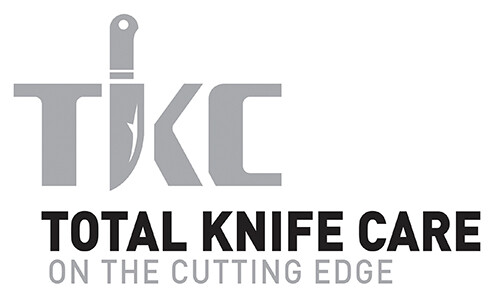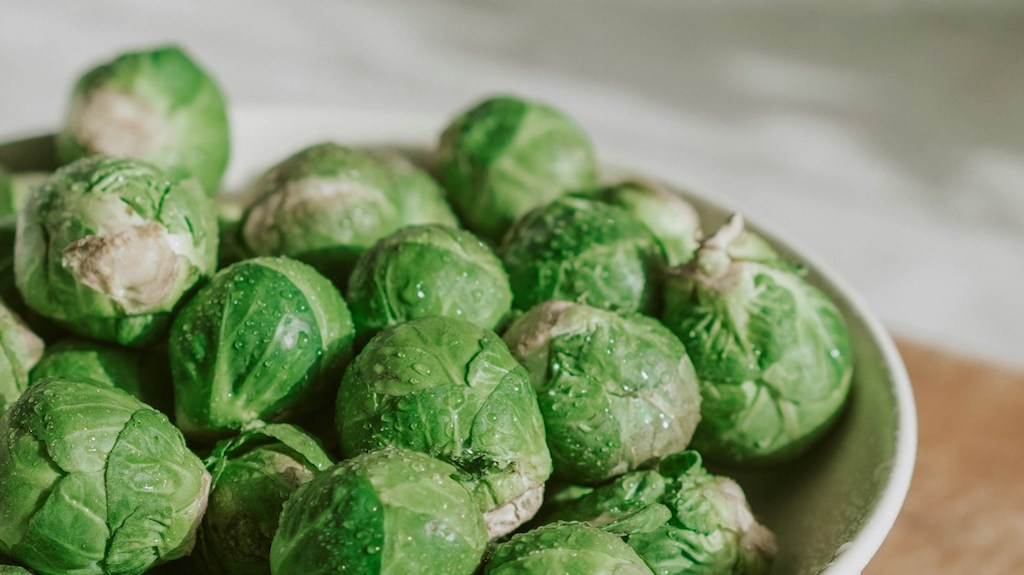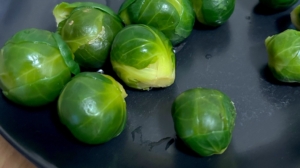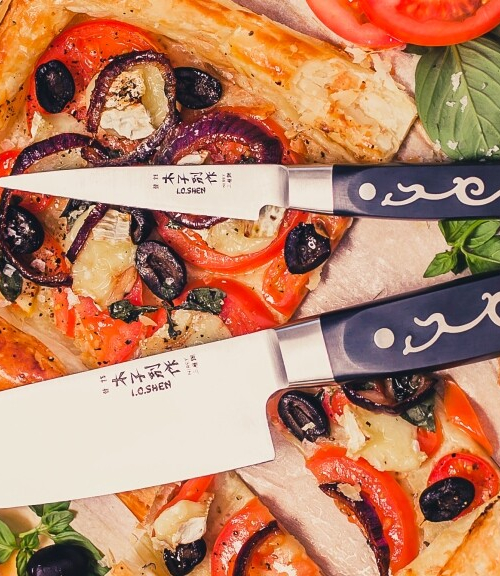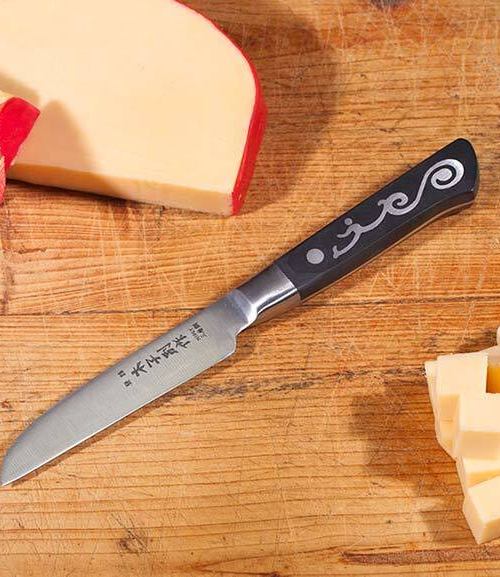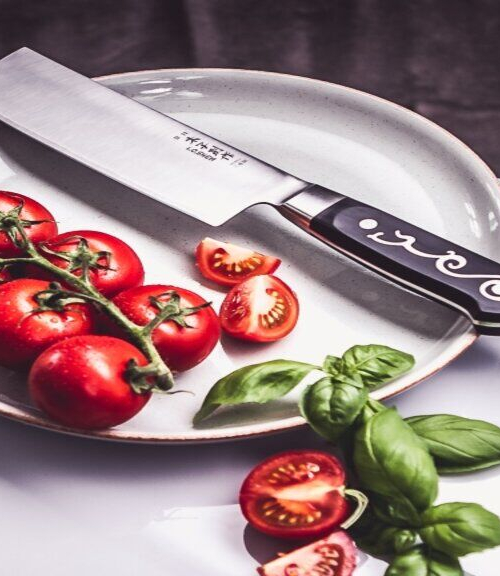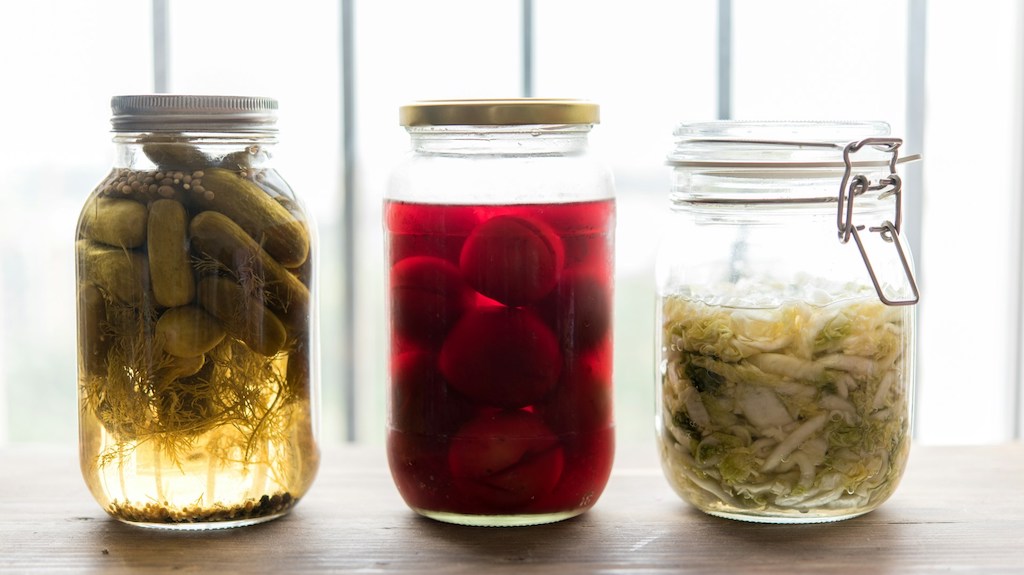The new hero vegetable
Did you know that in the past year consumption of Brussels sprouts in Australia has increased by a whopping 53%? And that it’s estimated today that one in four of the population eats Brussels sprouts on a regular basis?
Wind the clock back just a few years and this popularity would have been unheard of – a lot of people (maybe the other 75% of the population) only have memories of Brussels sprouts that are not that pleasant – soggy and bitter little vegetables that would show up on the plate at Christmas and then not seen for another year, unless of course you had to eat them for the next ten days after Christmas Day (and maybe cold to boot).
Brussels sprouts have been around for a long time. No ‘recent import’ from the Americas (like the potato), as the name implies they were mainly grown in the part of Europe now known as Belgium and so were named after the area’s main city – Brussels. In fact historical records indicate the vegetable was cultivated there back in the 13th century and prior to that were likely to have been brought to Northern Europe by the Romans.
Brussels sprouts are a member of the Brassica family which also includes broccoli, cauliflower and cabbage, as well as mustard. The name of the vegetable mirrors how it grows – the sprouts that we eat are the buds of the plant which ‘sprout’ from the stalk. Part of the reason they are more plentiful at Christmas time in the Northern Hemisphere is that the best time to harvest them is in the Autumn – just in time. A bit out of whack for Australia though.
Interestingly the Brits were a little slow in the take up of the sprout, with the first record of Brussels sprouts in Britain in 1623 described as being like a cabbage but ‘bearing some fifty heads the size of an egg’.
So why the sudden popularity 400 years later? It’s probably down to a few things…
1) Healthy eating
Despite not everyone being a raving fan of the humble sprout, there’s no denying it is packed with goodness. Every sprout has high levels of vitamin K (good for bone health and for blood clotting) and vitamin C (great for the immune system as well as a host of other benefits), high fibre content (for a healthy gut), as well as manganese – an essential trace element and folate, which is good for everyone but especially during pregnancy. Finally sprouts also contain an antioxidant called kaempferol which is an anti-inflammatory.
2) Sprouts don’t have to be boiled to within an inch of their life
Unfortunately traditional cooking techniques have done no favours to the sprout. Many people will have bad memories of Brussels sprouts as being not that green, a bit soggy and quite bitter. All this can be fixed by gentle boiling or simply by using other cooking techniques like sautéing, steaming or roasting, or even shredding raw into a salad.
3) The search for something new and exciting (in the culinary world)
Just as in the world of music when an old song is redone and is a hit again – and all the younger folk are amazed by the ‘new’ tune, it’s the same in cooking. Maybe it was just the Brussels sprout’s turn in the limelight, but it has been picked up and given a new spin by celebrity chefs and influencers everywhere. True gourmands also track down some of the more exotic purple or red variants.
4) Affordability
Plus it certainly helps that sprouts are also relatively abundant and affordable (currently sitting at $9.90 per kilo in the supermarkets).
The last remaining part of the puzzle – should you refer to them as Brussel sprouts or Brussels sprouts? It’s of course much easier to say without an ‘s’ on the end. The topic was researched at length in the UK by YouGov (check the results here) which concluded that since they are from Brussels they should be called ‘Brussels sprouts’.
To be pedantic though it depends on how you spell Brussels. If you’re writing in English it is ‘Brussels’. But even though the French call it ‘Bruxelles’, also with an ‘s’ on the end, the Flemish name (ie the language spoken by the Brussels locals) is ‘Brussel’ and the Germans call it ‘Brüssel’ too. So who’s to say who is right? At least there’s agreement that there should be a capital ‘B’.
What do you think? Are you a fan, or not so much?
